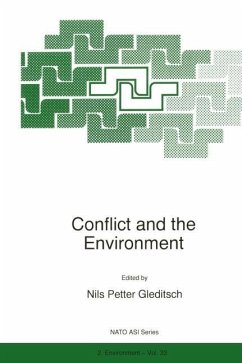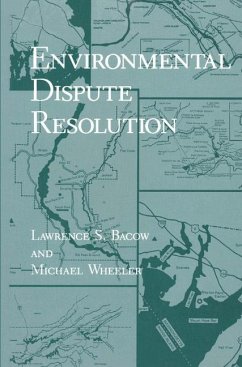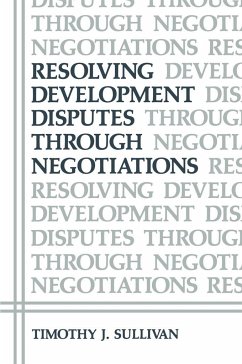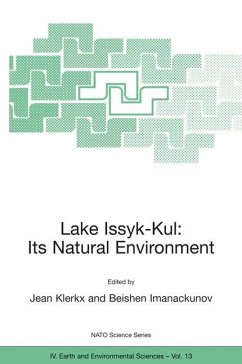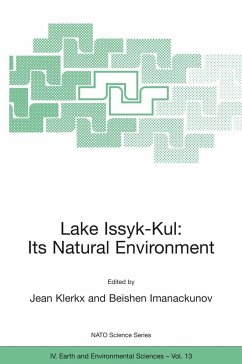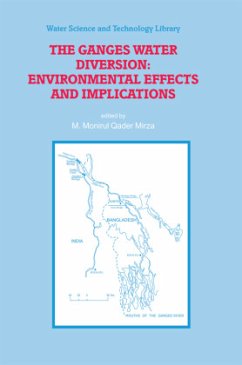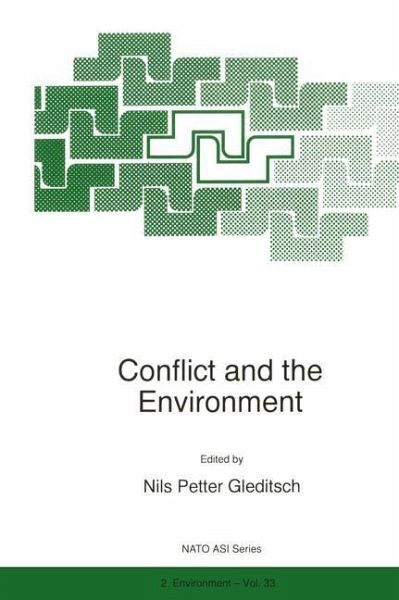
Conflict and the Environment

PAYBACK Punkte
113 °P sammeln!
Nils Petter Gleditsch International Peace Research Institute, Oslo (PRIO) & Department of Sociology and Political Science, Norwegian University of Science and Technology, Trond heim This book could hardly have happened but for the end of the Cold War. The decline of the East-West conflict has opened up the arena for increased attention to other lines of conflict, in Europe and at the global level. Environmental disruption, not a new phenomenon by any means, is a chief beneficiary of the shift in priorities in the public debate. The Scientific and Environmental Affairs Divi sion of NATO has mov...
Nils Petter Gleditsch International Peace Research Institute, Oslo (PRIO) & Department of Sociology and Political Science, Norwegian University of Science and Technology, Trond heim This book could hardly have happened but for the end of the Cold War. The decline of the East-West conflict has opened up the arena for increased attention to other lines of conflict, in Europe and at the global level. Environmental disruption, not a new phenomenon by any means, is a chief beneficiary of the shift in priorities in the public debate. The Scientific and Environmental Affairs Divi sion of NATO has moved with the times and has defined environmental security as one of its priority areas for cooperation with Central and Eastern Europe and countries of the former Soviet Union. This book is the main output of an Advanced Research Workshop (ARW), held in Bolkesjl/l, Norway, 12-16 June 1996. I would like to acknowledge the personal support of L. Veiga da Cunha, Director of the Priority Area on Environmental Security. Research on these issues is now very much a collaborative effort across former lines of division in Europe. NATO encourages, indeed requires, that this be reflected in the composition of the participants, as well as the organizing committee. This meeting was organized by a group of five people from five different countries: Lothar Brock (Germany), Nils Petter Gleditsch (Norway), Thomas Homer-Dixon (Canada), Renat Perelet (Co-Director, Russia), and Evan Vlachos (USA).





